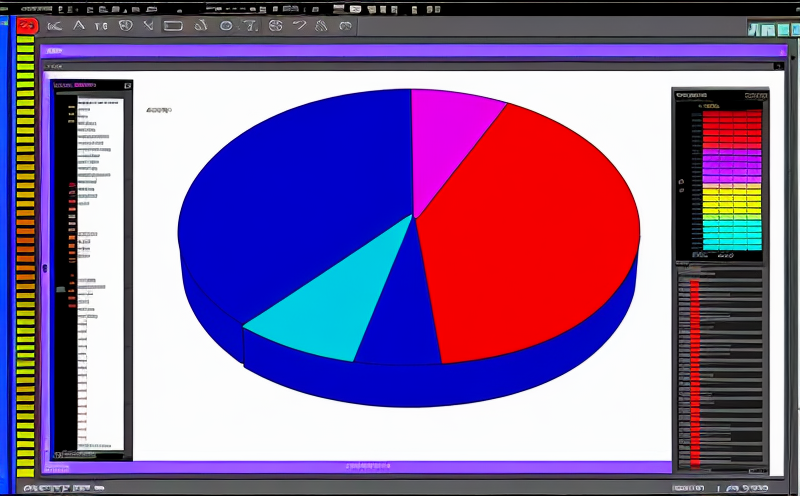EN ISO 6721 Dynamic Mechanical Thermal Testing of Polymers
The EN ISO 6721 standard pertains to dynamic mechanical thermal analysis (DMA), a method used for the characterization of polymers under varying temperatures and frequencies. This technique is particularly useful in understanding the viscoelastic behavior of materials, which is critical for quality control, material development, and compliance with international regulations.
DMA tests involve heating or cooling a sample at different rates while applying an oscillating force to it. The resulting deformation is measured as a function of temperature. This test helps in identifying the glass transition temperature (Tg), melt viscosity, and other important properties that are crucial for polymer processing and end-use applications.
Our laboratory adheres strictly to EN ISO 6721-3:2019 which specifies the procedure for performing DMA on polymers. We ensure rigorous adherence to this standard by employing highly skilled technicians, state-of-the-art equipment, and a robust quality management system. Our facilities are equipped with DMA instruments capable of providing precise measurements over a wide range of temperature and frequency.
Specimen preparation is an integral part of the testing process. Samples must be cut to specific dimensions as per the standard to ensure accurate results. The material should be free from defects, contaminants, and moisture. We follow strict protocols for sample handling and storage to prevent any alterations in the physical properties.
Instrumentation plays a crucial role in DMA tests. Our laboratory uses advanced DMA systems that provide real-time data on stress-strain behavior of polymers as they undergo thermal cycling. This allows us to capture detailed information about the material's response under varying conditions, which is invaluable for R&D projects and quality assurance.
Reporting is comprehensive and includes all relevant parameters such as storage modulus (E' and E"), loss modulus (tan delta), phase angle, and damping factor. These values help in understanding how a polymer behaves at different temperatures, providing insights into its mechanical properties and thermal stability. Our reports are detailed yet concise, ensuring that stakeholders can easily interpret the results.
This test is particularly beneficial for industries where material performance under temperature variations is critical, such as automotive, aerospace, electronics, and packaging. It aids in optimizing processing conditions, enhancing product durability, and meeting regulatory requirements.
By offering EN ISO 6721 DMA testing services, we provide our clients with robust data that can significantly influence decision-making processes. Our expertise ensures compliance with international standards while providing valuable insights into material behavior under various thermal conditions.
Why It Matters
DMA testing is essential for understanding the viscoelastic properties of polymers, which are vital in ensuring product quality and performance. This test helps in optimizing processing parameters, improving material durability, and meeting stringent regulatory requirements.
The results from DMA tests can influence several aspects of polymer production and use:
- Optimization of processing conditions to achieve desired mechanical properties
- Enhancement of product durability through better understanding of thermal stability
- Prediction of long-term performance under real-world operating conditions
- Compliance with international standards and regulations
By providing accurate and reliable data, DMA testing ensures that materials meet the necessary specifications, thereby reducing the risk of product failure and enhancing overall quality.
Industry Applications
The EN ISO 6721 DMA test is widely used across various industries where polymer performance under temperature variations is critical:
- Aerospace: Ensuring materials withstand extreme temperatures during flight operations.
- Automotive: Optimizing components for durability and efficiency in varying environmental conditions.
- Electronics: Evaluating the reliability of circuit boards and other electronic components under thermal stress.
In each of these industries, DMA testing helps in selecting appropriate polymers and optimizing their use to meet specific application needs. This ensures not only compliance with industry standards but also enhances product performance and reliability.
Competitive Advantage and Market Impact
Offering comprehensive EN ISO 6721 DMA testing services provides several competitive advantages:
- Achieving faster time-to-market by ensuring compliance with regulatory requirements early in the development process.
- Enhancing product quality and reliability, which can lead to increased customer satisfaction and loyalty.
- Predicting long-term performance of materials under real-world conditions, thereby reducing potential risks associated with material failure.
These advantages not only contribute to a company's reputation but also provide a strategic advantage in the competitive market. By leveraging our expertise in DMA testing, clients can gain deeper insights into their materials' behavior and make informed decisions that drive innovation and growth.





